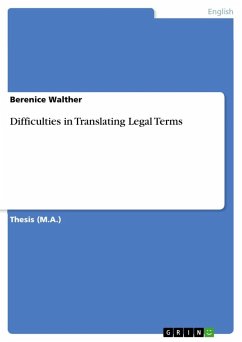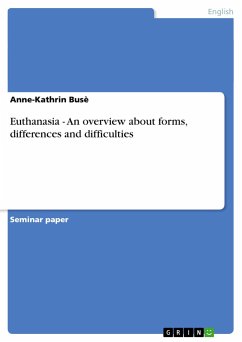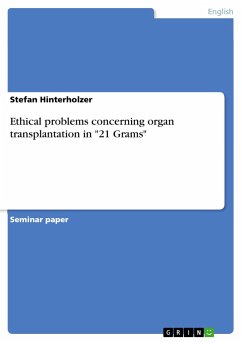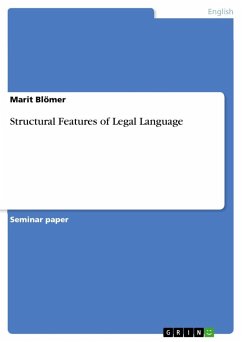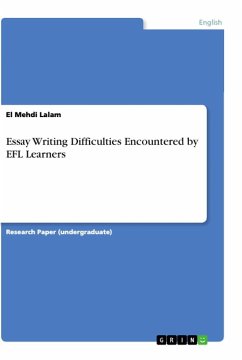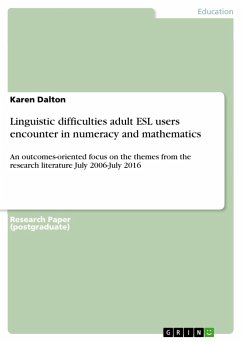Thesis (M.A.) from the year 2008 in the subject English Language and Literature Studies - Other, grade: 2, University of Münster (Arbeitsbereich Sprachwissenschaft), course: Dialogue Studies, language: English, abstract: In this paper, the major aspects of and essential developments in translation theory, including the ever-recurring question of what constitutes a good translation, will be explored and the particularity of legal translation will be discussed. In the translation of national law terms, many facets have to be kept in mind. For example, the mastering of the different languages poses problems as does the relation of legal texts to different and specific legal systems and cultures. The focus will then switch to legal language in particular. The opposition between word meaning of everyday language and the word meaning of languages for specific purposes will be clarified. Then, particular difficulties in legal language and translation with consideration of the different legal systems where these translations are used will be illustrated with respect to the nature of legal discourse, its dependence on the legal system and the presentation of possible ambiguities and their interpretation. The problem of a common legislation in the European Union is one of finding a legal terminology that is not influenced by its cultural environment - an entirely impossible enterprise.

